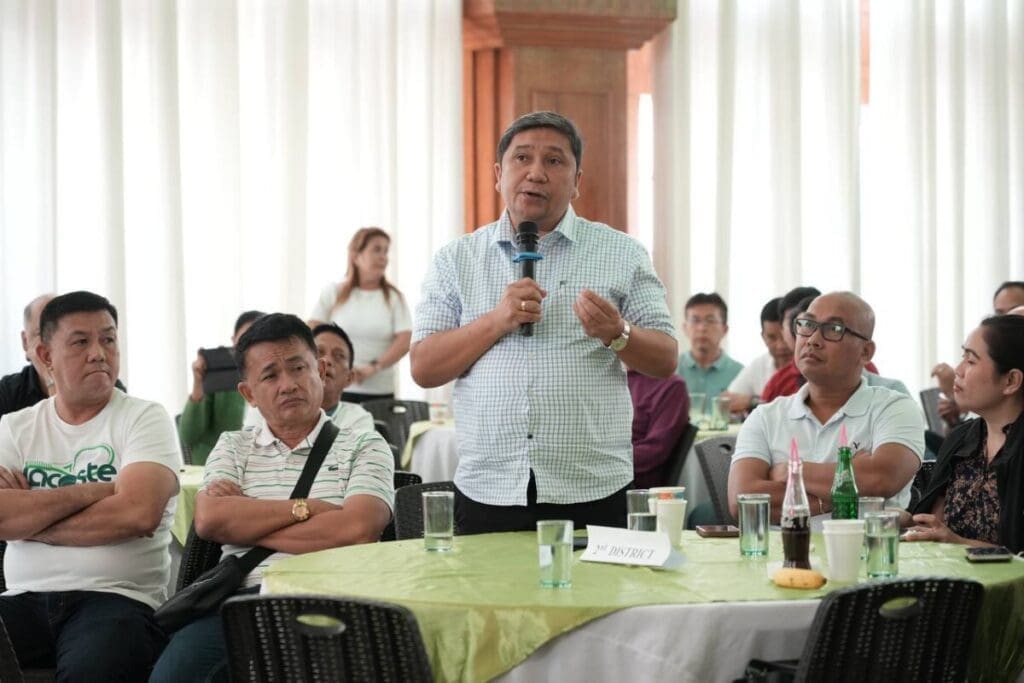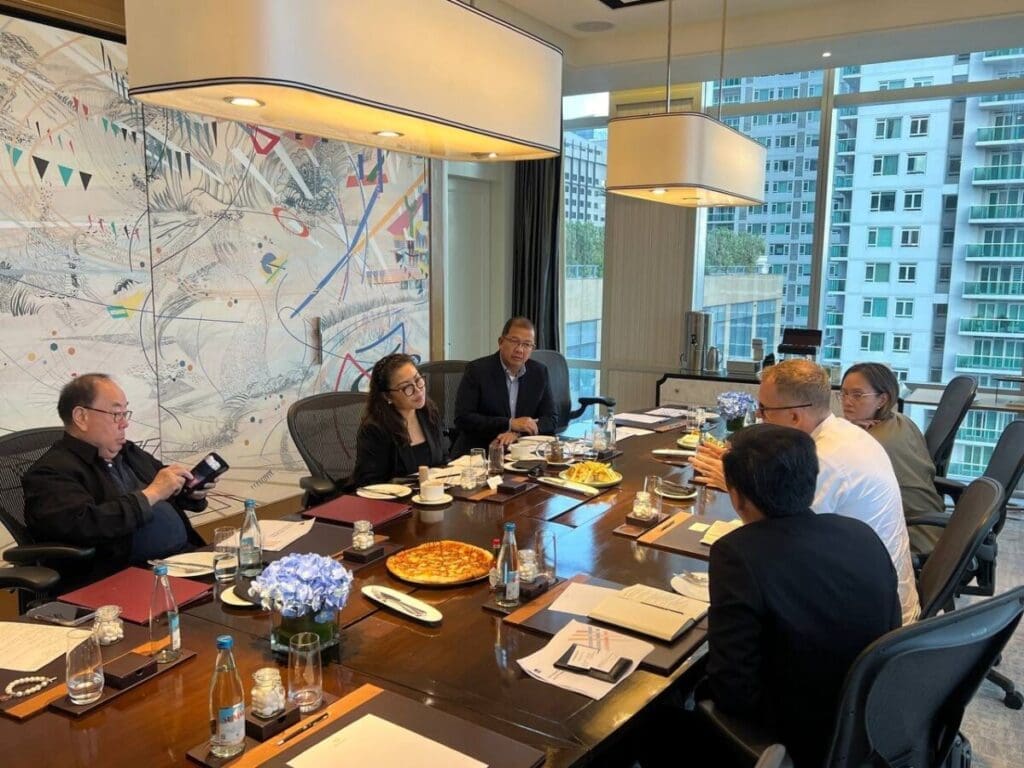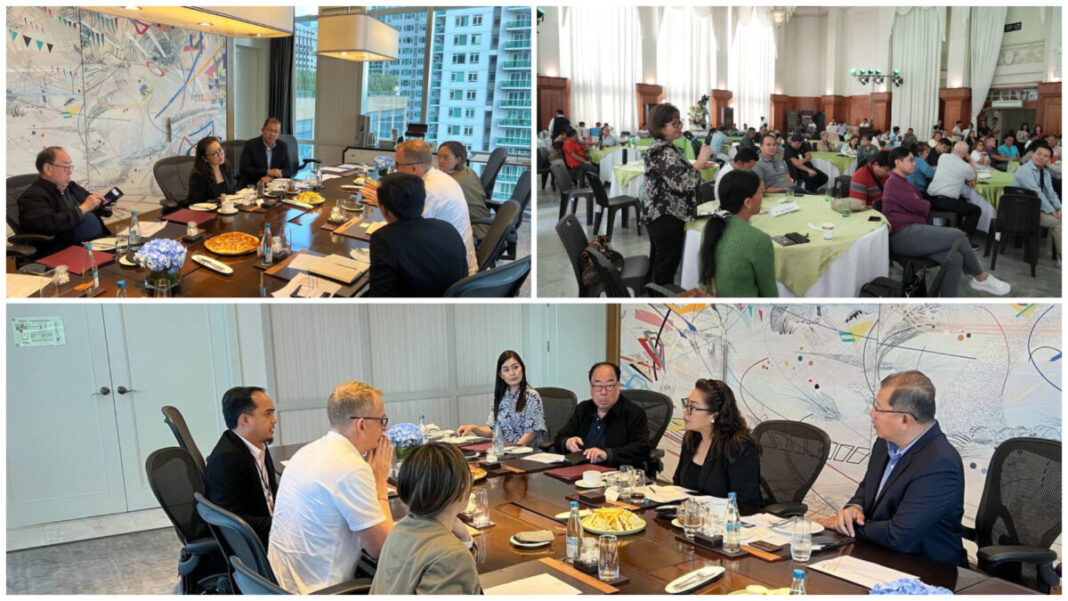
The days of closed-door procurement meetings at the Cebu Provincial Capitol are numbered. In a landmark move for government transparency, all competitive bidding activities will soon be streamed live online for the public to see, no press pass required.

Governor Pamela Baricuatro sealed the deal on July 28, 2025, signing Executive Order (EO) 37. This order mandates the real-time livestreaming of procurement activities handled by the Capitol’s Bids and Awards Committees (BAC). The policy, approved by the Provincial Board on August 4, covers pre-procurement meetings, pre-bid conferences, and bid openings.
A Law in Action

The livestreaming initiative isn’t just a Capitol innovation, it’s backed by the Republic Act 12009, the New Government Procurement Act. While BAC meetings have been recorded before, the EO introduces a new level of immediacy, citizens can now follow proceedings in real time without setting foot inside the BAC office.
Under the new rules, all procurement processes, no matter the contract amount, will be streamlined. However, only certain big-ticket projects will require video archives to be stored for at least five years:
• ₱10 million and above for goods
• ₱20 million and above for infrastructure
• ₱5 million and above for consulting services
For projects worth ₱50 million or more, the post-award details, including project name, contract amount, winning bidder, and implementation period, must also be published in newspapers of general circulation.
Guardrails for Openness

The Public Information Office (PIO) is tasked with making this policy work, from managing livestreams to ensuring compliance. Sensitive data, such as trade secrets or personal information, will be redacted unless parties choose to make it public.
Procurement documents, by default, are considered open to public scrutiny unless explicitly classified as confidential under law or jurisprudence. The EO also requires the Government Procurement Policy Board’s consolidated blacklisting report to be published regularly, a move aimed at deterring bad actors in the procurement arena.
Non-compliance comes with consequences, public officials or employees who fail to follow the order could face administrative sanctions.
Why It Matters

The livestreaming policy, Durano says, is designed to discourage overpricing, collusion, and manipulation in the procurement process, while rebuilding public trust in government transactions.
With funding for livestreaming equipment, IT upgrades, and training sourced from the annual provincial budget, the Capitol is betting that technology, and a healthy dose of public oversight, will make the procurement process cleaner, faster, and more accountable.
Cebu is putting its bidding process on full display. The question now is, how effective is this in fighting corruption?


